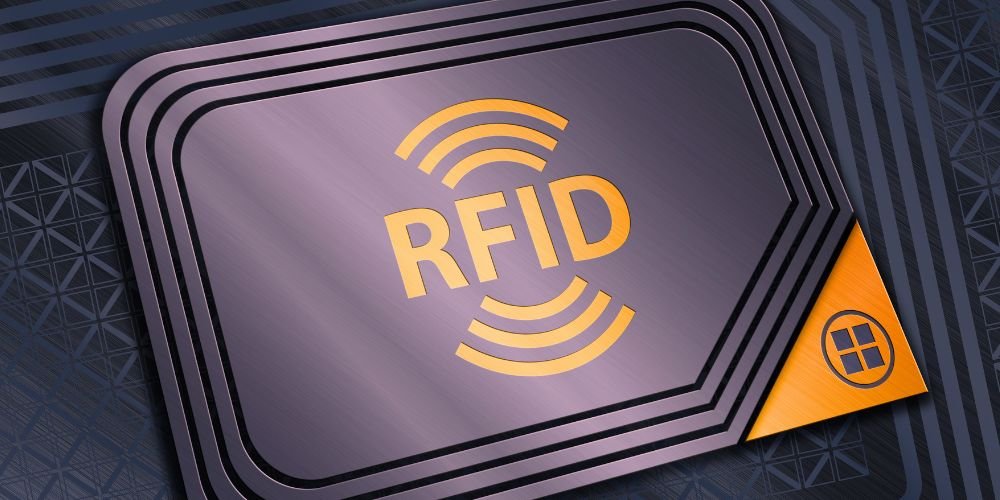Radio Frequency Identification (RFID) technology has emerged as a powerful tool for tracking and identifying objects across various industries, including retail, logistics, healthcare, and manufacturing. RFID enables seamless and automated identification, monitoring, and management of assets and inventory by utilizing radio waves to transmit data wirelessly. In this opinion piece, we will explore the significance of RFID technology and its transformative impact on diverse sectors.
Enhancing Visibility and Efficiency
RFID technology offers unparalleled visibility into the movement and whereabouts of assets, inventory, and goods throughout the supply chain. Organizations can track the location, status, and history of their items by attaching real-time RFID tags, enabling more efficient inventory management, order fulfillment, and asset-tracking processes. RFID systems streamline operations, reduce manual labor, and minimize errors, improving accuracy, productivity, and customer satisfaction.
Empowering Smart Retail and Logistics
RFID technology is revolutionizing retail and logistics inventory management, stock replenishment, and omnichannel fulfillment strategies. RFID-enabled solutions allow retailers to monitor inventory levels, track product availability, and prevent stockouts with greater precision and speed. RFID systems facilitate automated picking, packing, and shipping operations in warehouses and distribution centers, optimizing throughput and reducing order processing times. As a result, businesses can enhance operational efficiency, reduce costs, and deliver a seamless shopping experience to customers.
Advancing Healthcare and Asset Tracking
RFID technology is also making significant strides in healthcare, where it is used for patient tracking, medication management, and asset tracking applications. RFID-enabled patient wristbands and tags enable healthcare providers to accurately identify and monitor patients, track their movement within healthcare facilities, and ensure that the right care is delivered to the right patient at the right time. Moreover, RFID systems enable hospitals to track medical equipment, devices, and supplies in real-time, reducing loss, theft, and misplaced items while improving asset utilization and maintenance.
Enabling Smart Manufacturing and IoT Integration
In the manufacturing sector, RFID technology plays a crucial role in enabling smart manufacturing initiatives and Industry 4.0 transformations. RFID tags embedded in components, products, and machinery enable manufacturers to track work-in-progress, monitor production flows, and optimize manufacturing processes for efficiency and quality. Furthermore, RFID facilitates seamless integration with Internet of Things (IoT) platforms, enabling data sharing, analytics, and automation across interconnected systems and devices, driving greater visibility, agility, and intelligence in manufacturing operations.
Conclusion
RFID technology is a game-changer in tracking and identification, offering unparalleled capabilities for improving visibility, efficiency, and control across various industries. From retail and logistics to healthcare and manufacturing, RFID-enabled solutions empower organizations to streamline operations, enhance customer experiences, and drive innovation in the digital age. As RFID technology evolves and matures, we anticipate even greater adoption and integration into various applications, unlocking new opportunities for efficiency, automation, and optimization in the global economy.







